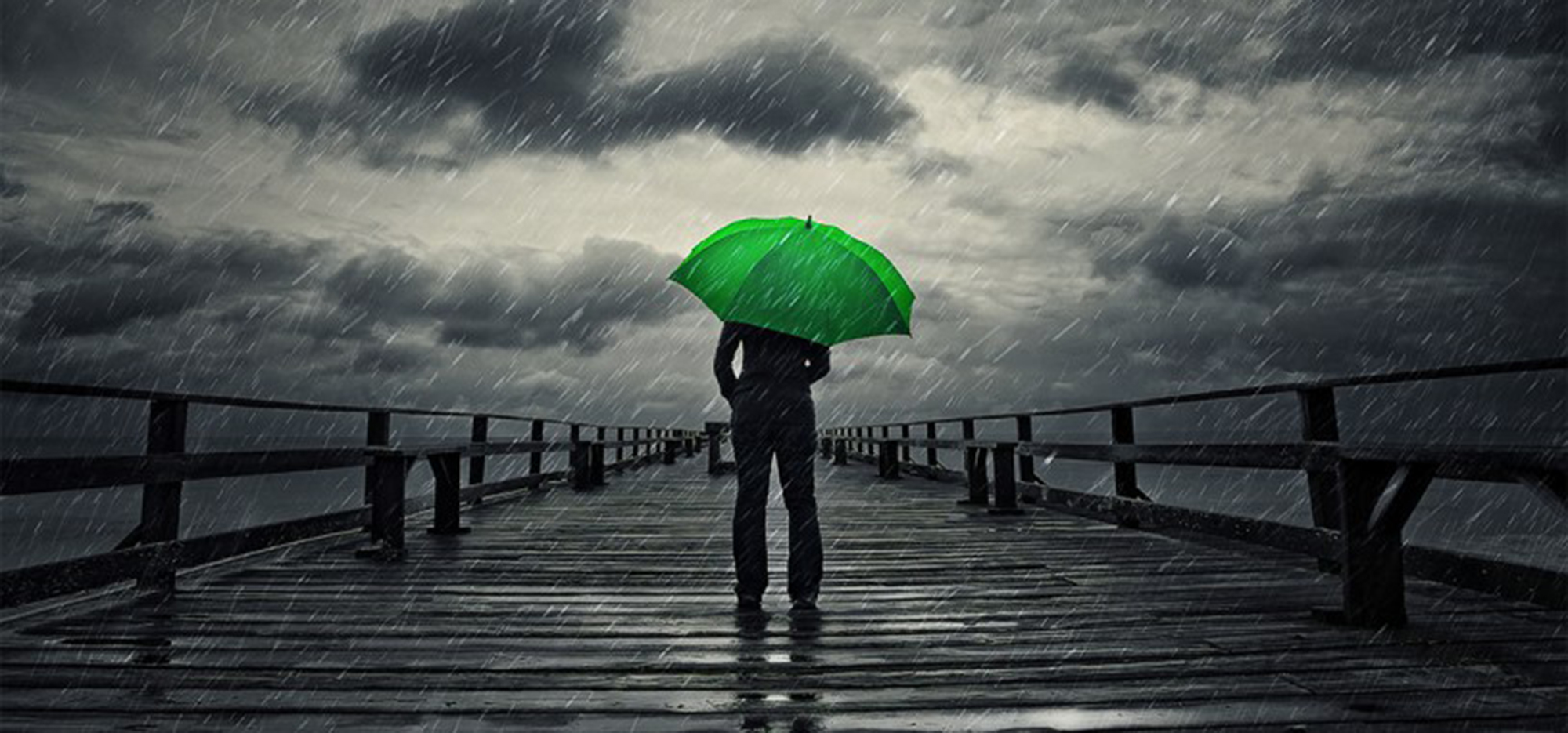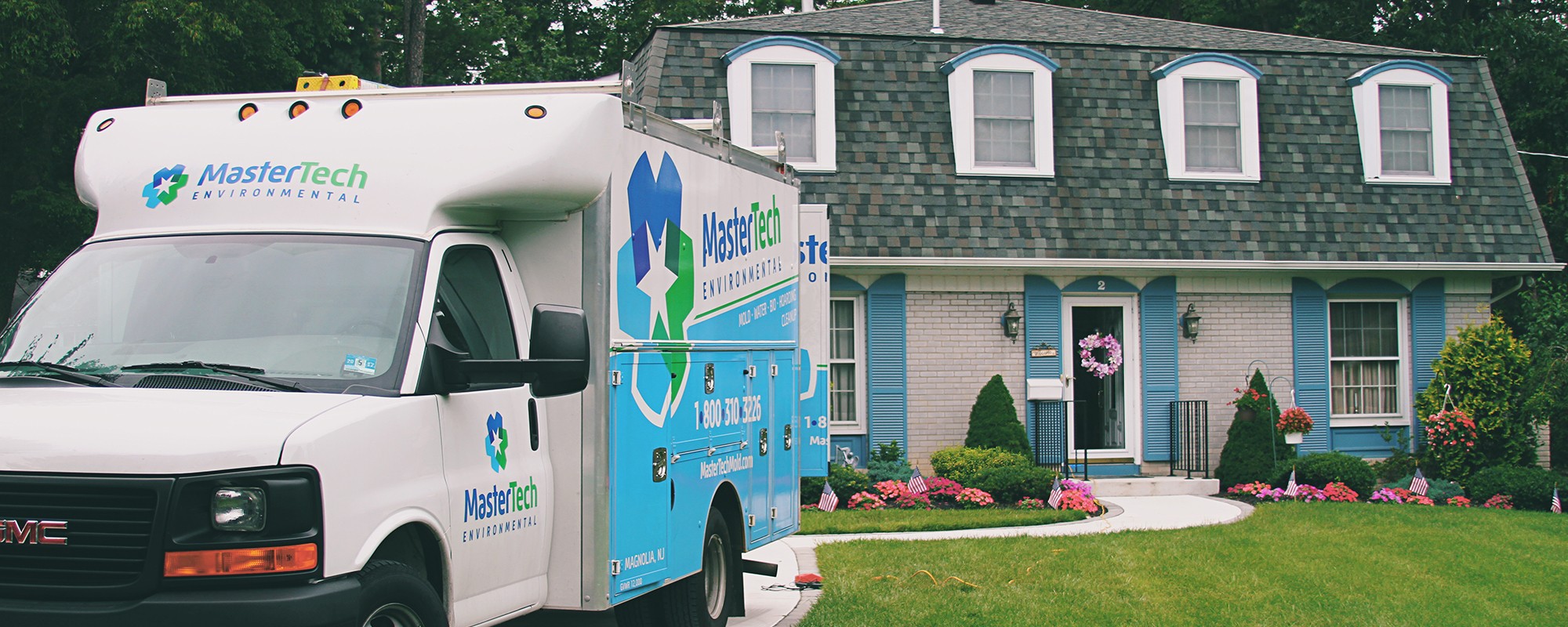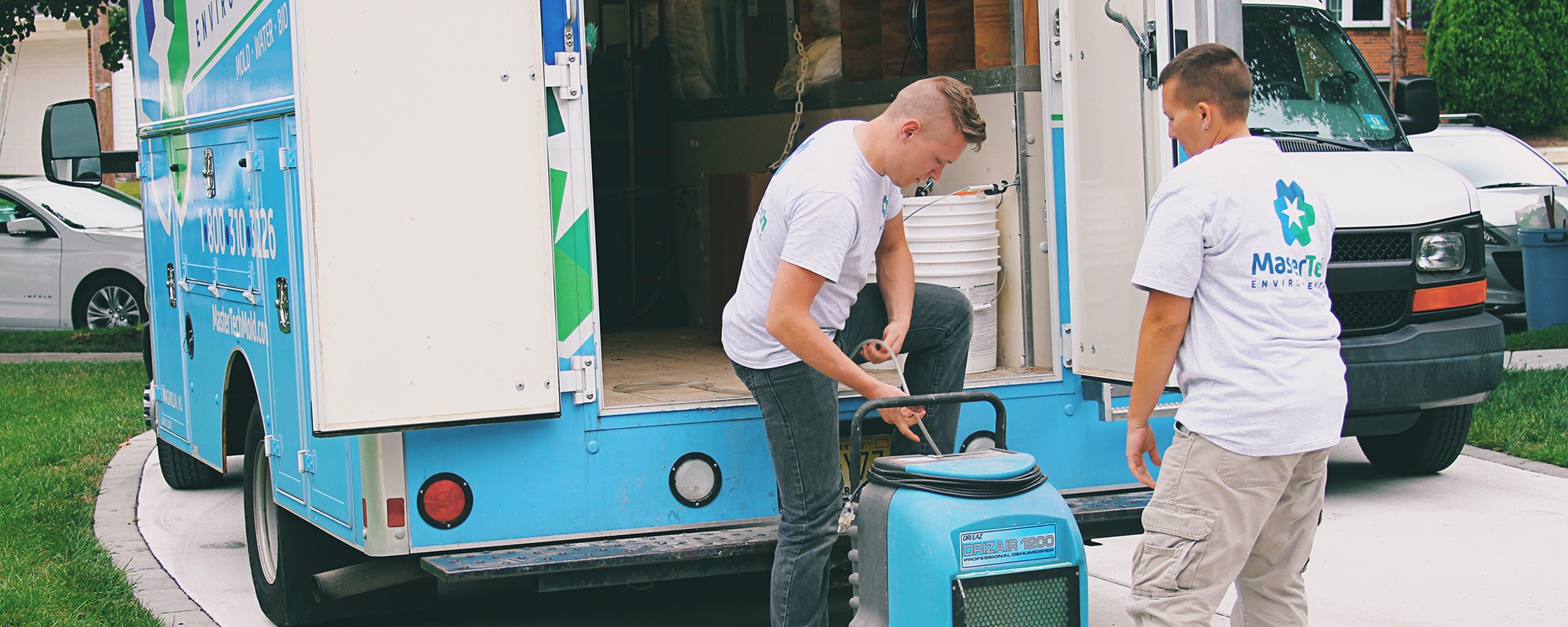
Now that it is September and we are heading into the last couple of months of hurricane season in the U.S Northeast, it is important to refresh ourselves with some quick emergency preparedness tips in the case of major storm alerts. Hurricanes are unfortunate natural disasters and are inevitable, so all we can do is educate ourselves on emergency preparedness and ensure that we are thoroughly prepared for an emergency hurricane event.
This far into the season, if you have not done so already, realistically, it is likely too late to make major renovations to reinforce and secure your home. True hurricane-proofing is extensive work that should be done far in advance, PRIOR to any hurricane warning. However, if/when a storm nears, last minute emergency preparedness strategies can guide you and your family through the chaos and maintain control of the situation.
Last Minute Hurricane Emergency Preparedness Tips
Unfortunately, emergencies like hurricanes are often inevitable. It is important for South Jersey residents to arm themselves with a well thought out emergency preparedness plan. In the event of an emergency, the following emergency preparedness tips will help to guide you and your family through the ordeal.
Stay Updated
- Turn on your T.V or radio in order to get the latest weather updates and emergency instructions. Pay attention to evacuation notices and be prepared to evacuate at any given time.
Secure Outdoor Items
- Ensure all items outside are either brought indoors or secured to the ground. Things like patio furniture, garbage bins, grills, lawn accessories, etc. can get picked up in large winds and threaten the safety of property and, more importantly, people. Death by flying lawn gnome is not on anyone’s agenda.
Remove Debris
- Check that all your landscaping is free of debris. If time permits, quickly prune trees and bushes, and be sure that any large dead branches are disposed. Heavy winds can pick up loose debris and endanger people and property.
Check all Gutters
- Conduct a visual inspection of all gutters and downspouts. They should be cleared of all debris so ensure effective water flow during major rain. Water should always flow down and away from the home to avoid water intrusion in the roof and attic.
- Even outside of hurricane season, homeowners should always be vigilant of potential water intrusion during rain. It is important to maintain your property year round to prevent water damage in heavy NJ rain.
Cover Windows
- Protect windows from breakage. Broken windows allow strong winds to get into the home which creates serious pressure within the home that will threaten to push the roof right off the house.
- Boarding up windows take time, so be cautious of what time will permit. Hurricane shutters already installed and ready to be latched closed are ideal. If you don’t have shutters installed in advance you can board up your windows with ⅝ thick plywood, cut-to-fit, and properly bolted to the walls.
- Even boarding up your windows with plywood is an extensive task. If you find yourself at a time crunch with a storm fast approaching, secure you and your family in the center of the home, as far away from the windows as possible. A windowless room is ideal.
- DO NOT bother taping up your windows. It is a waste of time and is very ineffective. It can actually create a more hazardous problem in the long run. Windows are designed to break into lots of small shards upon serious impact. However, with the windows taped up, the glass won’t be able to break into tiny shards. You will end up with larger chunks of broken glass that can seriously injure people when it gets picked up by the heavy winds.
Prepare to Lose Power
- If you do not evacuate, and plan to tough it out in your home. Be sure to prep for power loss.
- Turn your refrigerator to the coolest setting while you still have power. Once the power goes, only open it when absolutely necessary to help preserve the cool temperature.
- Stock your emergency kits with plenty of non-perishable foods and water for at least 3 days. The kits should also include a flashlight with ample batteries.
- Keep a battery-powered radio to ensure that you and your family keep in touch to weather and news updates.
Prepare your Car
- Check that your car, or transportation of your choice, is in good working condition. Keep the gas tank full, and stock the car with emergency provisions and a change of clothes. Make sure that the car is parked where is will be easily accessible and not boxed in by anything; you might have to make a quick exit.
Emergency Disaster Kits
- Put together an emergency disaster kit, or replenish an existing kit. Be sure to include some of the basics: first aid supplies, flashlight, extra batteries, enough water and non-perishable food for at least 3 days, cash, whistle to signal for help, battery-powered radio, and local maps.
- Make sure it is readily accessible and easy to transport in case of emergency evacuation.
Review Emergency Preparedness Plans
- Review evacuation plans. In case of evacuation, plan ahead: know where the group is to meet, know all main routes and alternate routes, set timelines for evacuation, plan what to take with you, and always be prepared to deviate from plan if other hazards arise unexpectedly.
- Review communication plans. Go over how your group plans on communicating with others or if you’re separated. Especially if there is a power outage, regular communication will be vital in an emergency. Set up check-in timelines via text, call, email, social media, carrier pigeon, smoke signals, or whatever is accessible.
- Once the storm passes, make sure to check in on family and friends to make sure everyone is safe, and alert the authorities if someone is in suspected danger following the storm.
Once the storm clears, and the environment is safe again, take some time to assess the damage. Especially if there is evidence of water intrusion. Immediate action to cleanup the flood waters in your South Jersey property will reduce the chances of a costly repair in the future.
Recovering From a South Jersey Hurricane
If necessary, CALL a professional water damage restoration company in South Jersey to immediately dry out your property properly and thoroughly. Protecting yourself from a major storm is stressful enough, you do not want residual damage to be a constant reminder of the whole ordeal.
It only take 24-48 hours for water to cause mold growth, so maintain a sense of urgency when dealing with the aftermath of any major storm damage. If you suspect that water intrusion has let to potential mold growth, call a expert to complete a professional mold inspection of your NJ home.
Hurricanes and tropical storms can lead to a lot of chaos and stress. Due to their unpredictable nature, there will always be a sense of unpreparedness. All you can do is work to control the controllable, educate you and your family on all possible dangers, and teach yourself and your family to be adaptable during times of emergency.




